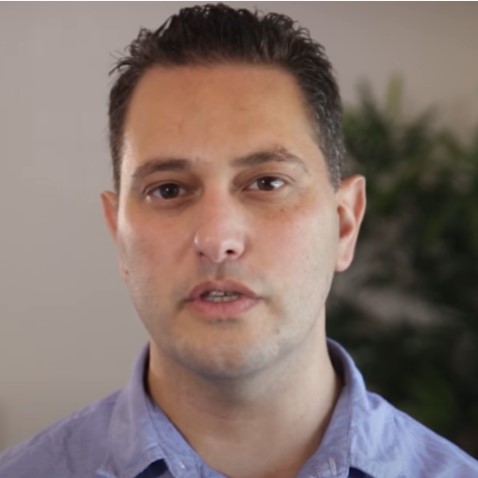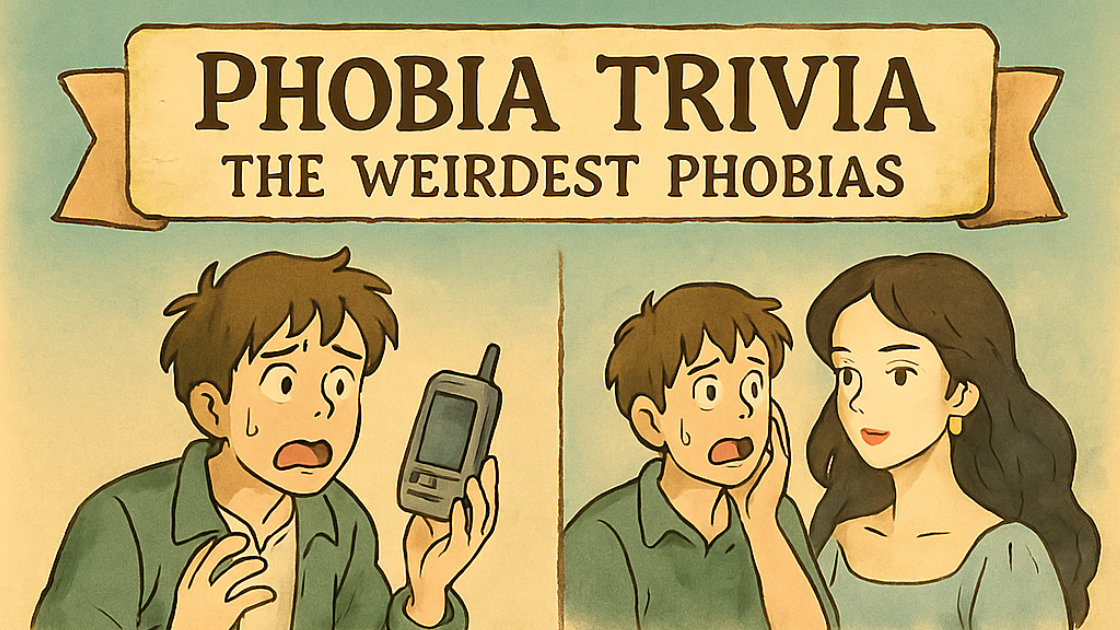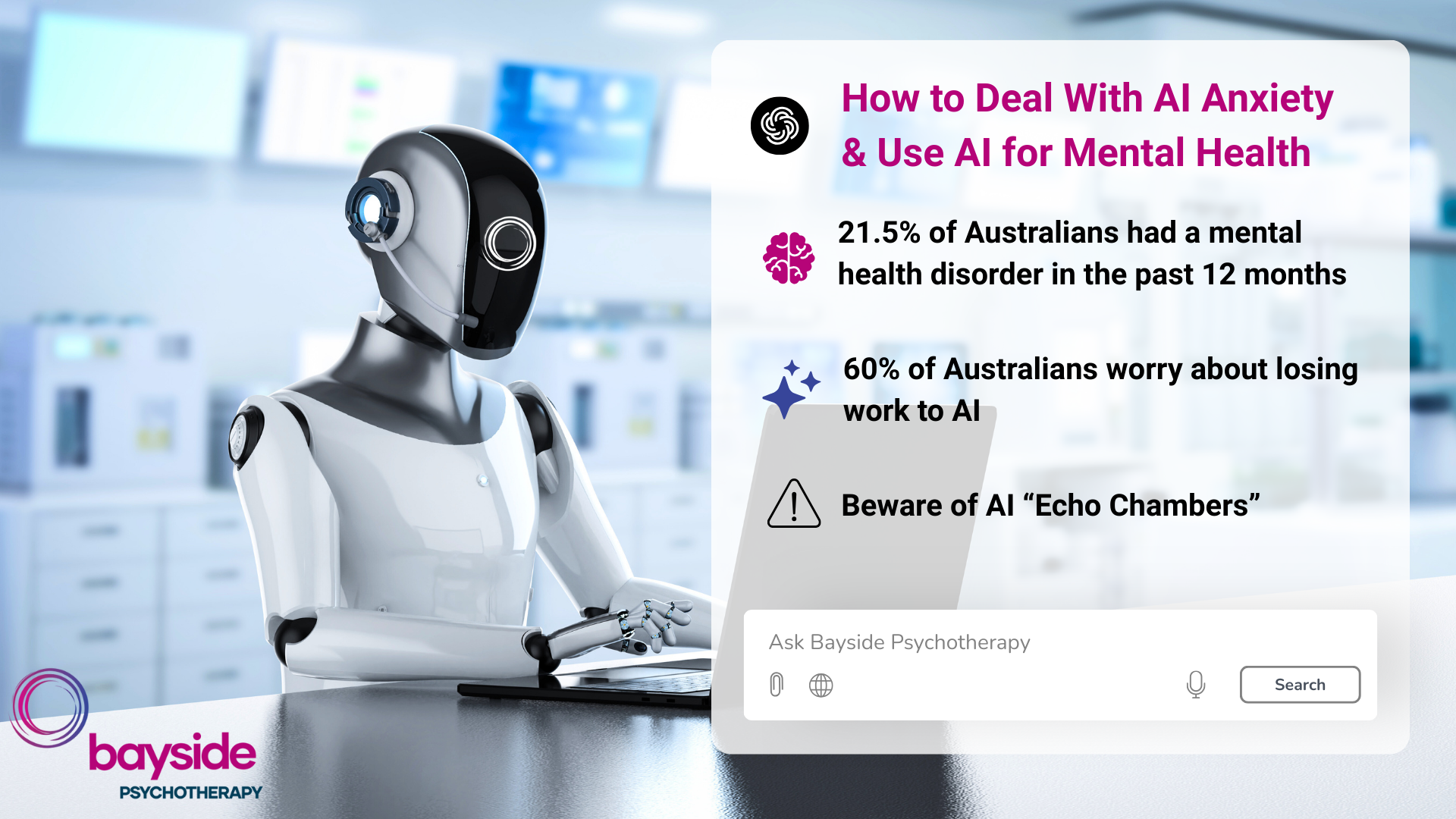Is It Time For The AFL To Cast A Mental Health Awareness Round?
At Bayside Psychotherapy we are passionate about mental health and like many fellow Melburnians, many on our team are avid AFL fans. So when two of our passions align, it’s time to write and share our thoughts on what’s currently happening with mental health within the AFL system.
Trigger Warning: This blog post discusses suicide and risk factors for suicide which may be distressing for some readers. Please call Lifeline on 13 11 14 or Beyond Blue 1300 22 46 36 if you require immediate support.
Whats going on at the moment?
The recent death of Adam Selwood so soon after the death of his twin brother Troy is an undeniable tragedy that has again led to a spotlight being placed on how the AFL is addressing and caring for players mental health. Is it now time for them to use their platform to expand and promote awareness of mental health and suicide prevention through the introduction of a dedicated mental health round?
The AFL is no stranger to promoting awareness of central societal concerns such as the recognition of First Nations and Indigenous players and culture during Sir Doug Nicholls round and their work partnering with FightMND to raise money for MND research and treatment culminating in the Big Freeze match every year in June.
Where is the AFL at in raising public awareness about mental health?
The role of the AFL in raising awareness about mental health at a broader level has been slow to evolve and perhaps mirrors the ongoing stigmas and barriers attached to disclosure of mental health concerns. Despite high profile players including Tom Boyd and Adam Goodes speaking openly about their mental health difficulties it was not until the death of Danny Frawley in 2019 that the AFL began raising awareness and initiating broader dialogue about mental health concerns via the evolution of Spuds Game.
This has certainly been well meaning and ensured that there are conversations and media awareness pertaining to mental health during each AFL season. However it is now time for the AFL to go further and become primary advocates for early disclosure, detection and treatment for mental health concerns and to take a key role in helping to address the alarming suicide rates in Australia.
A disproportionatley male problem
Men are disproportionately affected by suicide in Australia. In 2023, suicide was the cause of death for 2419 Australian men. The risk factors for suicide amongst Australian males include isolation or broken relationships, financial concerns and substance use including alcohol use. Vulnerability to suicide in men also increases when they face difficulties with work (including unemployment) and health, including mental health concerns such as depression.
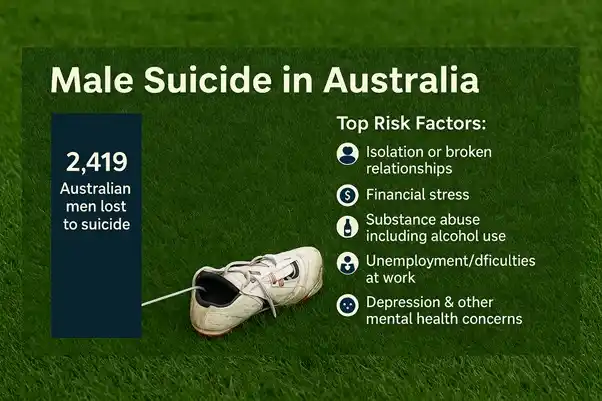
How can life in the AFL system impact mental health?
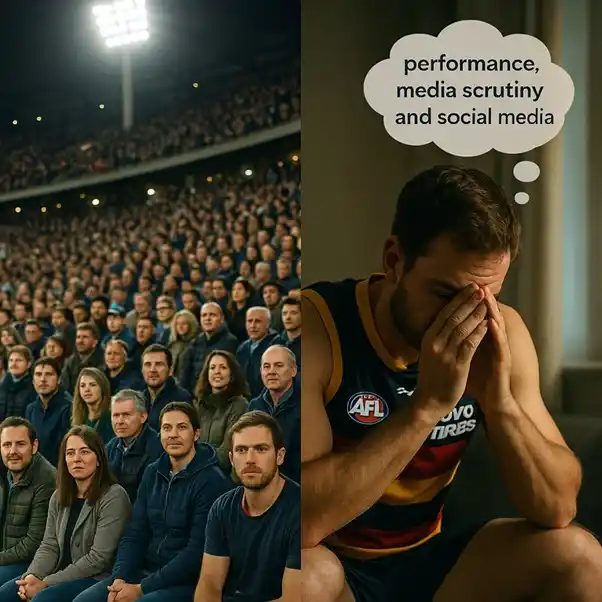
While life inside the AFL system may appear exciting and glamorous from the outside, the reality is that elite sport is a stressful and cut throat environment. Many enter the system in late adolescence or early adulthood which are vulnerable life stages for the emergence of mental health concerns. There is constant pressure to perform, media scrutiny and social media processes to contend with.
The AFL have created a Mental Health and Wellbeing strategy that includes a host of important recommendations including programs to raise awareness and comfort of talking about emotions and mental health and workshops educating players on warning signs of worsening mental health and risk factors for suicide.
While the AFL are making strides in addressing and supporting mental health of players while they are in the system, players may face an elevated risk of psychological concerns as they are exiting the environment. AFL clubs provide an extensive support network to players and the absence of this in life beyond football may leave individuals feeling isolated and uncertain of where to find sources of support and guidance.
For many their identity since childhood has revolved around AFL and elite sport. The process of redefining oneself and establishing a new direction in life can be overwhelming and difficult. Such confusion over identity may elevate the risk of depression emerging. While ex players have access to support and counselling, this may not be enough to maintain their psychological wellbeing beyond their years in football.
The impact of repeated concussion and mental health
New research is also emerging that explores the link between repeated concussions and depression. Studies involving retired American football players indicted those who sustained more than three concussions during their career had depression rates three times those without a concussion history. While formal research exploring the impact of repeated concussions on depression in AFL players is still emerging, the deaths of both Shane Tuck and Danny Frawley highlighted that repeated concussion during an AFL career can lead to depression, a known vulnerability to suicide in later life.
The AFL have responded to coronial recommendations through introducing a mandated concussion protocol, having independent doctors assess players and restricting contact drills during training. While these initiatives will enhance protection of current players, there are thousands of retired players who may be silently suffering from poor mental health that may possibly stem from repeated concussion during their AFL career. The AFL already have extensive strategies in place to support player wellbeing in life after football including ongoing access to psychological services and support in career transition and development.
A pathway forward: what are the next steps the AFL could take?
The existing AFL mental health strategy could be augmented by the AFL developing a clear suicide awareness and suicide prevention strategy for players to engage with from their first entry point into the AFL system well into life after retirement or exiting the game. It is unclear whether the AFL have retrospectively identified past players who have received multiple concussions, informed them and their families of the emerging evidence linking repeat concussion with poor mental health outcomes, and instigated preventative measures to ensure early detection and treatment of deteriorating mental health.
The evolution of a formal explicit strategy from the AFL to actively promote awareness and prevention of suicide has the potential to encourage a greater focus on suicide prevention within the general community. With suicide presenting as an overwhelmingly male centered concern, a strong public stance from the AFL may inspire men around the country to take steps towards being able to be honest when they are struggling.
Within the AFL system, all players have access to professional supports including club doctors and psychologists along with various development managers to address and optimise their mental health. However the AFLs most recent strategy does not stipulate that each club has an in house clinical or generalist psychologist or Accredited Mental Health Social Worker. Many AFL clubs have employed sports psychologists who hold specialist knowledge to enhance motivation and support development of skills to elevate on field performance.
How can bayside psychotherapy help
Although we have provided therapy for former AFL players, the challenges presented by relationship strain and breakdown, life transitions, difficulty with identity and low mood are not exclusive to AFL players. If you or someone you know are struggling, our experienced team are here to assist, and it is easy to book online. Please note we are not a crisis service, but we encourage you to access LifeLine 13 11 14 or Beyond Blue 1300 22 46 36 if you need urgent support straight away.
By Adam Szmerling.
Disclaimer: This blog post is for informational purposes only and does not constitute medical or psychological advice. If you or someone you know is experiencing mental health difficulties, please seek personalised help from a qualified healthcare professional.
Here are a couple of blogs written on this topic you might find useful:
What Are Australians Most Afraid Of? N...
From snakes and spiders to needles and ghosts, fear takes many forms. But what do Australians fear most in 2025? At Bayside Psychotherapy, our expert.
Exploring Emerging Therapies: Understa...
At Mind Medicine Australia, we are dedicated to transforming the trea.
The Balance of Power in Romantic Relat...
Why do some relationships thrive while others feel like a constant tug-of-war? Power dynamics lie at the heart of this .

